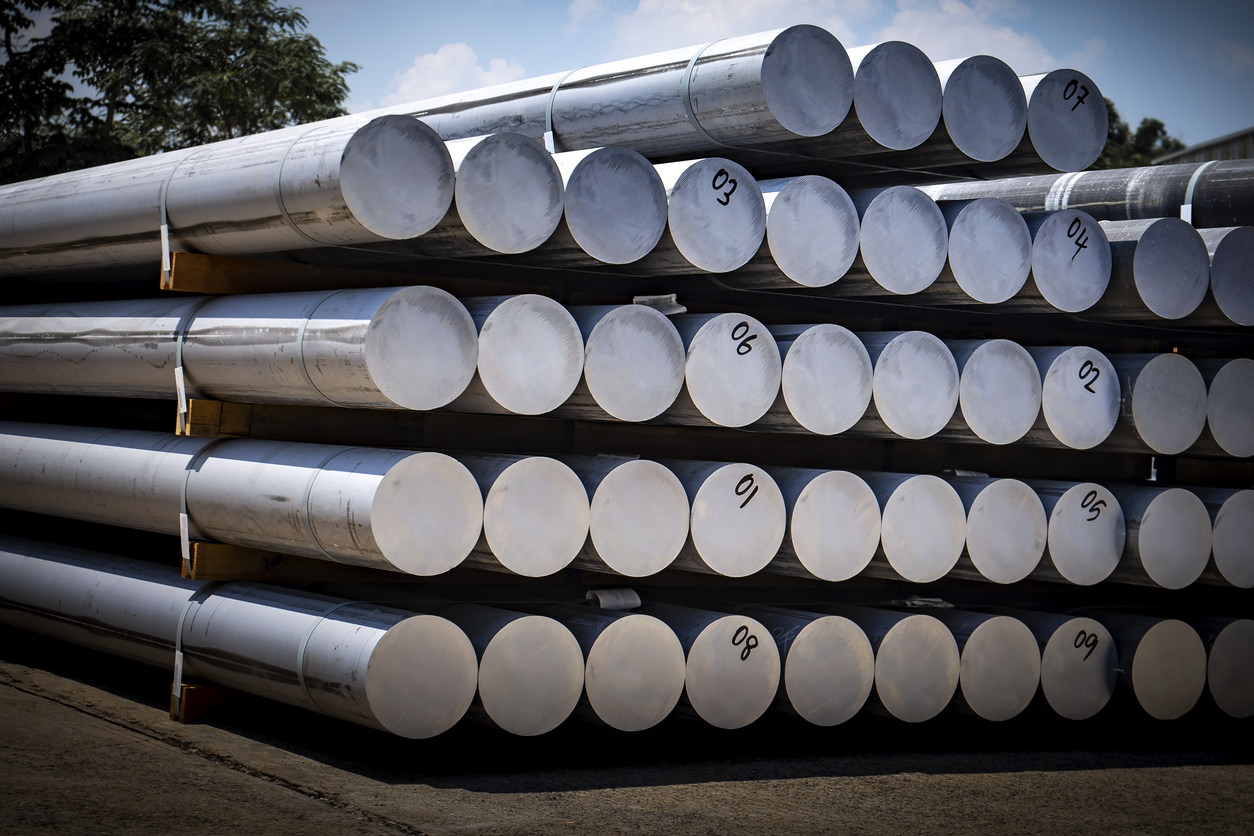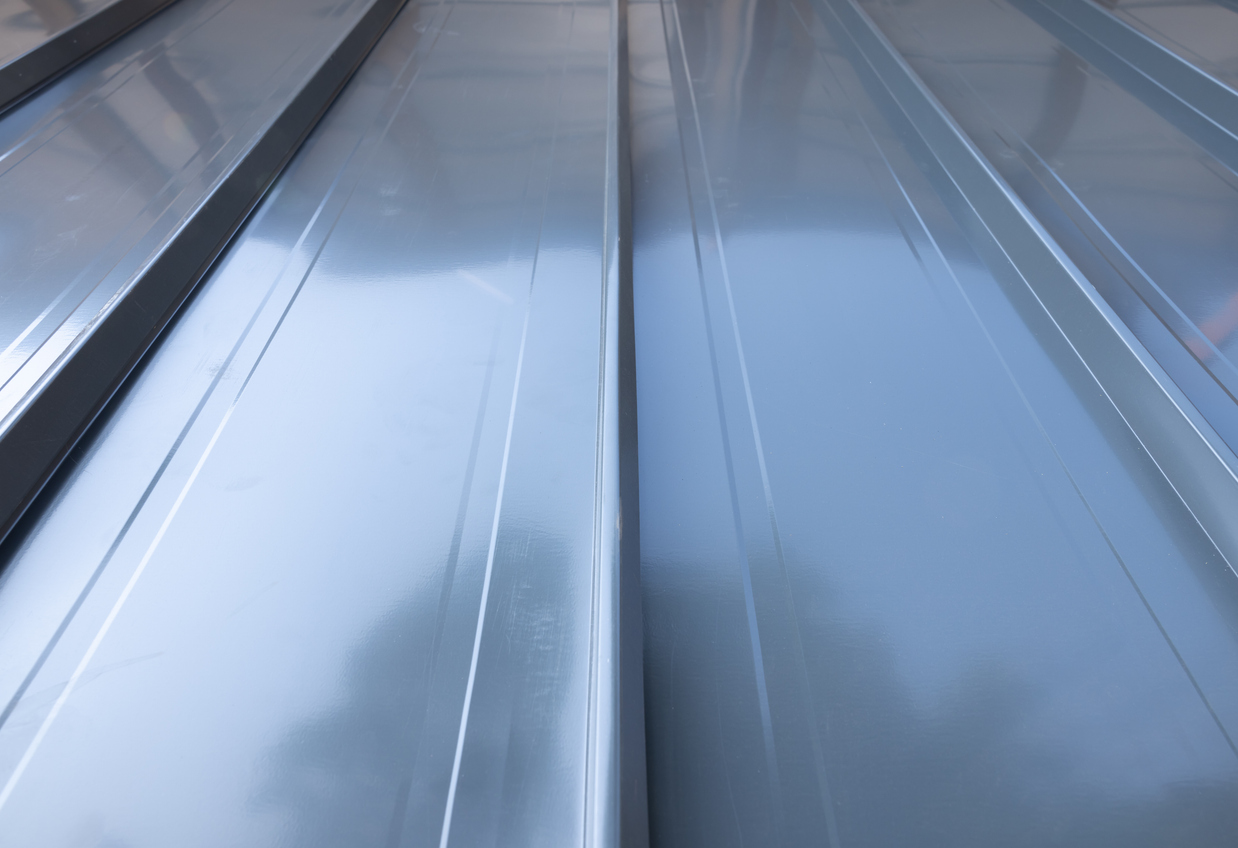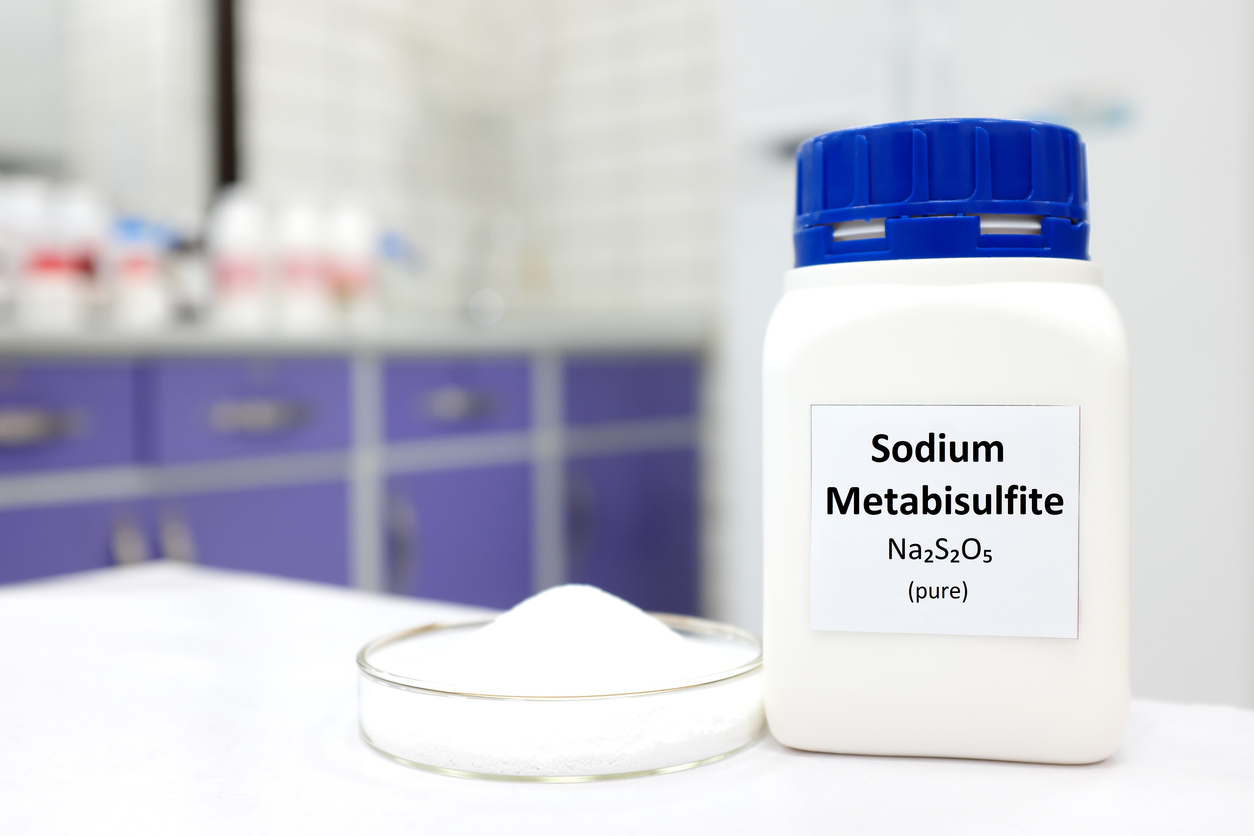Buying and Exporting Cement from Kenya – An Insider’s Perspective
Buying and Exporting Cement from Kenya – An Insider’s Perspective
The cement industry is a cyclical business. The global market for cement is growing, and emerging markets like Africa are a source of new demand. Now is an opportune time for companies to enter the Kenyan cement market. However, there are many challenges to doing business in Kenya as an outsider. The domestic economy depends on government spending; in some years, it’s been half of GDP. In addition, the construction sector has been hit hard by laws that prevent foreigners from owning land and requiring them to hire local workers and suppliers. It can be challenging to navigate around these obstacles when you’re an outsider looking to buy and export cement from Kenya…
What You Should Know About the Kenyan Cement Market
The cement market in Kenya is small, but growing. Like most of Africa, the cement consumption per capita is very low. Currently, Kenya produces about 1.1Mt of cement per year, with about 40% of that consumed locally. The rest is exported to other African countries. Exports are expected to increase as the demand for cement in Kenya grows. However, the industry is heavily regulated and controlled by the government, which makes doing business difficult as an outsider. The cement sector has been protected since the 1970s through high tariffs and licences, which were increased in the 2010s when the government was trying to boost local production. There has also been significant uncertainty and volatility in the currency, which has made it difficult for exporters to access foreign currency.
Things to Know Before Buying and Exporting Cement from Kenya
Kenya is a difficult place to do business. The business environment is challenging, and the country’s regulatory and legal framework is still in the process of being established. It’s challenging to navigate around these obstacles when you’re an outsider looking to buy and export cement from Kenya. – Kenya’s construction sector has been badly affected by a series of laws that prevent foreigners from owning land and requiring them to hire only local workers and suppliers. – As of mid-2019, the government had not been able to implement new laws that would ease restrictions on foreign ownership. – Because of this, it’s difficult for companies to enter the market, establish a brand and grow. – For example, cement companies have had to do their own site selection and construction, which is very expensive.
Determining the Price of Cement in Kenya
The prices of cement in Kenya vary depending on the quality and type. The cement used for building purposes is of high quality, and it costs about KES 5,500 per bag of 40kg. The cement used for agricultural purposes is of low quality, and it costs about KES 600 per bag of 40 kg.
Shipping Cement Overseas
Shipping cement to neighbouring countries costs between $80 and $90 per ton. Shipping the product to the Middle East costs around $140 per ton. The costs of shipping to other parts of Africa depend on which country you ship to. Shipping to nearby African countries costs around $90 per ton. In Kenya, the cost of production of cement is low because of the availability of low-cost energy. However, the country needs to be able to retain this advantage through government support and good governance.
Wrapping Up
Now is an opportune time to enter the Kenyan cement market. The global market for cement is growing, and emerging markets like Africa are a source of new demand. However, it’s challenging to do business in Kenya as an outsider. The domestic economy depends on government spending; in some years, it’s been half of GDP. In addition, the construction sector has been hit hard by laws that prevent foreigners from owning land and requiring them to hire local workers and suppliers. Now is an opportune time to enter the Kenyan cement market. The global market for cement is growing, and emerging markets like Africa are a source of new demand. However, it’s challenging to do business in Kenya as an outsider. The domestic economy depends on government spending; in some years, it’s been half of GDP. In addition, the construction sector has been hit hard by laws that prevent foreigners from owning land and requiring them to hire local workers and suppliers.








LEAVE A COMMENT
You must be logged in to post a comment.